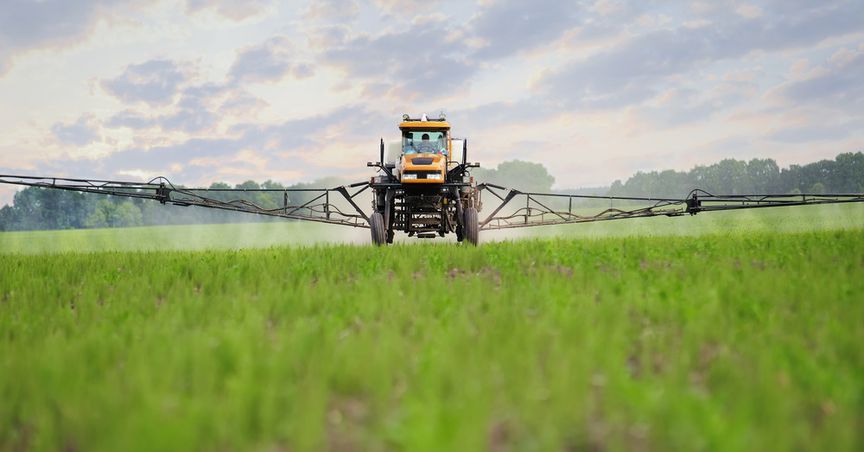Summary
- Global Virus Crisis disrupted several essential links required for globalisation; countries around the world realised the significance of being a self-dependent economy.
- Amid the gloomy economic scenario, the agriculture sector is emerging as a big hope for job creation.
- With a shortage of foreign workers in the farming sector, the government is encouraging young Aussies to take up these jobs and get incentives for filling the requirements.
- NZ government in budget 2020 has also invested heavily for job creation in the primary sector.
The pandemic has redefined all sectors; its effects have forced countries to focus on strengthening domestic primary industries than globalisation.
When the COVID-19 crisis began in 2020, the world experienced an unprecedented situation that was followed by international borders getting sealed. It broke the essential mechanics required in globalisation, which resulted in governments around the world realising the importance of uplifting domestic growth.
Nations that focused on cross-country trade realised that the real independence comes from self-dependent economy, especially in terms of food, industries, job creation and medicines.
From now on, self-reliable countries are expected to flourish in future, and the primary sectors would get their due credit.
Moreover, with digitisation and technology advancement, primacy industries will grow by adapting to modern technologies. In Australia and New Zealand, the agriculture industry is currently undergoing a transformation phase.
Agriculture is emerging as a ray of hope for job seekers
Amid a grim economic situation, all sectors are facing the wrath of coronavirus. At the same time, agriculture sector is emerging as a big hope for job seekers. At the beginning of the year, when the government introduced travel restrictions to control the spread of novel virus, the sector started to undergo a massive labour shortage.
Also read: Australia’s Agricultural Industry: A look at WOA, GNC, ELD
Young Aussies will get incentives for working in the farming sector
The Australian government is encouraging foreign backpackers to stay in Australia and continue working in the agriculture sector. With border restrictions in place, new foreign workers cannot come and fill the gap of workers shortfall.
The government will also inject AUD 1.3 million to fast-track action on the ground. Moreover, it is aiming to boost farm production to AUD 100 billion within a decade. The young West Aussies will get new incentives to work in the farming sector. It will encourage people on Youth Allowance and JobSeeker to take the farming jobs to fill these requirements.
Notably, the federal government is all set to reopen the Pacific Labour Scheme and Seasonal Worker Program to fill rural and regional job shortages. Prime Minister Scott Morrison is also encouraging Aussies to take up the local jobs.
Recently, the Australian Tourism Industry Council asked for one-year visa extension for all remaining foreign workers in the country.
Also read: Booming Agriculture Sector: Lens on WOA, GNC, CGC
The agricultural industry in the country is valued at ~ AUD 60 billion. The future success of the sector depends on ensuring the industry has access to skilled as well as developed workforce.
The federal government is amplifying the National Agriculture Workforce Strategy for addressing the issue of building a skilled workforce for the agriculture sector. An expert panel is developing the strategy and targeting to provide it to the government by the end of October 2020.

Rapid technological advancements, new work methods, changing trade opportunities and product markets, demographic, and other social and economic changes are need of the hour for the agriculture industry in Australia.
NZ govt focuses on primary sector jobs amid the COVID-19 crisis
New Zealand is known for its agriculture and forestry. The big businesses in this segment significantly contribute to the country’s economy. NZ is also the world's biggest dairy and sheep meat exporter.
Budget 2020, which focused on job creation for Kiwis, witnessed some of the significant investments in the primary sector. The NZ government allocated NZD 232 million to boost jobs and opportunities in the primary industry and rural parts of the country.
The government invested NZD 19.3 million to grow the primary sector workforce by 10,000 people and divert the recently unemployed Kiwis to the sector, so that they can get training and take up these jobs.
Good Read: A Stock from Dairy Sector That Has Delivered Spectacular Returns
Bottom line:
Unprecedented crisis calls for unusual solutions, hence, even when these initiatives are new, perhaps they are best to make the country less dependent on the foreign workforce, and the state could stand tall during such crisis in the future.
Good read: Shedding Light on Economic Costs of Global Virus Crisis on Australian Economy



